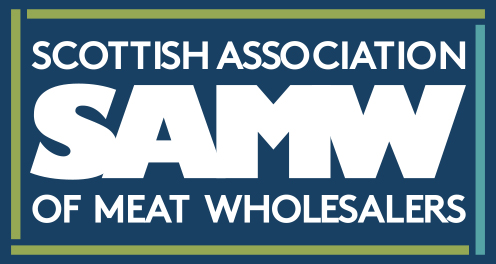A MEAT INSPECTION SYSTEM FIT FOR A MODERN SCOTLAND
This paper considers the alternative provision of meat inspection in Scotland to replace the current UK system provided by the Food Standards Agency (FSA) on a UK wide basis. Our initiative has the potential to capture and enhance public confidence in our world class Scotch meat.
Background
The FSA’s basic principle to underpin official controls on meat was stated as “to make decisions and take action proportionate to the risk, and with due regard to costs and benefits”. The widespread view is that it has failed to deliver a service which is proportionate, risk based, properly resourced and efficient. The FSA’s proposed imposition of full cost recovery is a watershed for the current system. The industry, in calling for reform, is very clear that it is legally responsible for delivering safe food for the consumer and any replacement of the current system must equally ensure that the consumer is protected.
Context
The Cabinet Secretary, Richard Lochhead MSP, in his address to the NFU Scotland conference on 15 February 2011, captured the mood and aspirations of the Scottish industry when he said:
“…… the meat sector is rightly concerned about the cost of meat hygiene inspections. No one would suggest cutting corners when it comes to protecting the public. However, the inspections should only cover what’s scientifically justified, and they must be delivered efficiently, at a fair cost. Some are saying that now is the time to consider a Scottish solution, and I can see their point.”
The meat and livestock industries are keen to take up this challenge and work with the Scottish Government and the FSA in Scotland to achieve a new model for Scotland.
Principles of an alternative system
Any new system should be based on the following:
- The primary responsibility for producing safe meat should rest with the Food Business Operator ( FBO )
- A fair cost should be paid for efficient inspection and audit
- While the industry has no objection in principle to full cost recovery the position of small rural abattoirs must be safeguarded within that to avoid business failures
- The service must be underpinned by science and be risk based, relevant and proportionate
- Delivery of inspection must be efficient and cost effective
- The system should recognise standards of performance by FBOs and reward/penalise accordingly
- Joint working on non-legislative issues with potential for commercial benefit
A Scottish Meat Inspection Service
The current UK service disadvantages Scotland. The inspection cost per livestock unit in Scotland is believed to be less than half of the current UK cost as charged by the FSA. The size and geographical distribution of meat plants in Scotland makes the FSA’s provision of the service here more economical. Scotland, therefore, is significantly disadvantaged by having to pay a UK figure influenced by less efficient delivery of controls in England and Wales.
It is illogical for an industry paying millions of pounds for a monopoly service to have no formal voice in the strategy or delivery of that service. Any new system should give industry a say in the running and direction of the inspection service. This would encourage the partnership working which would deliver better outcomes for the consumer and the industry.
Conclusion
Now is the time to review the relevance of the current system to present day circumstances and to make vital changes.
The current system is a serious threat to the Scottish meat and livestock sector, one of Scotland’s flagship industries, as well as to the wider rural economy. Changing it will raise several issues, both short and long term, but these can be addressed once a decision to develop an alternative system has been made. Ultimately this initiative has the potential to secure the long term future of Scotland’s quality meat sector and we would welcome support in achieving this.
| Nigel Miller, President, NFU Scotland |
Alan Craig, President, SAMW
